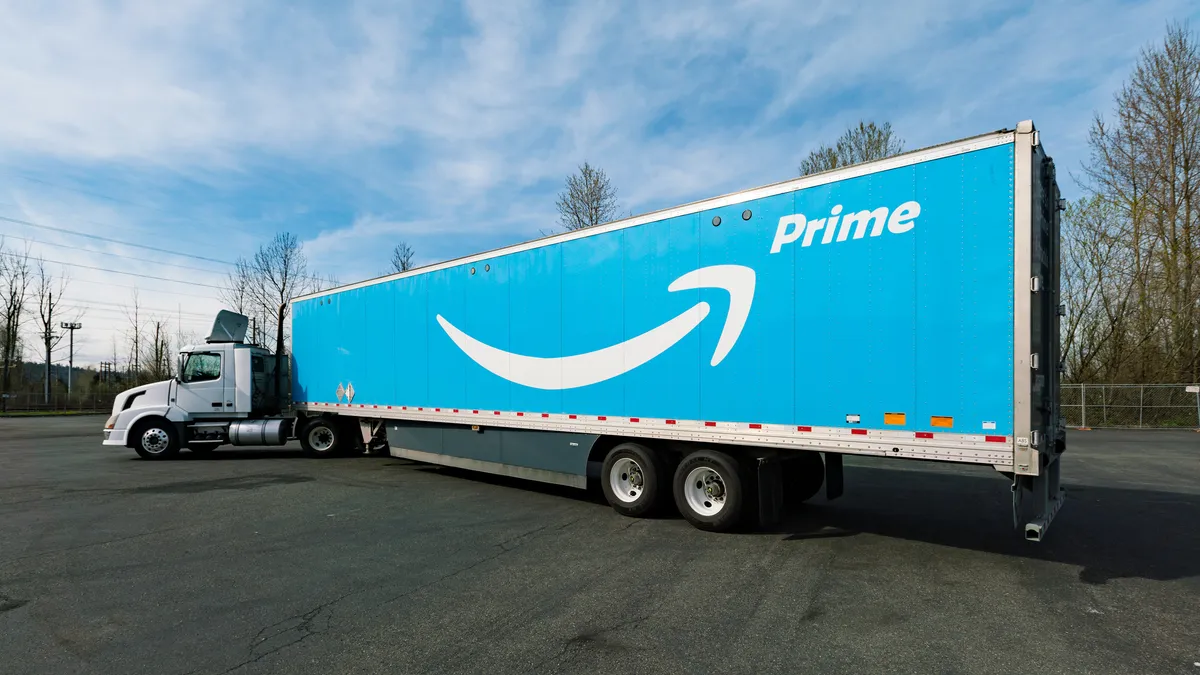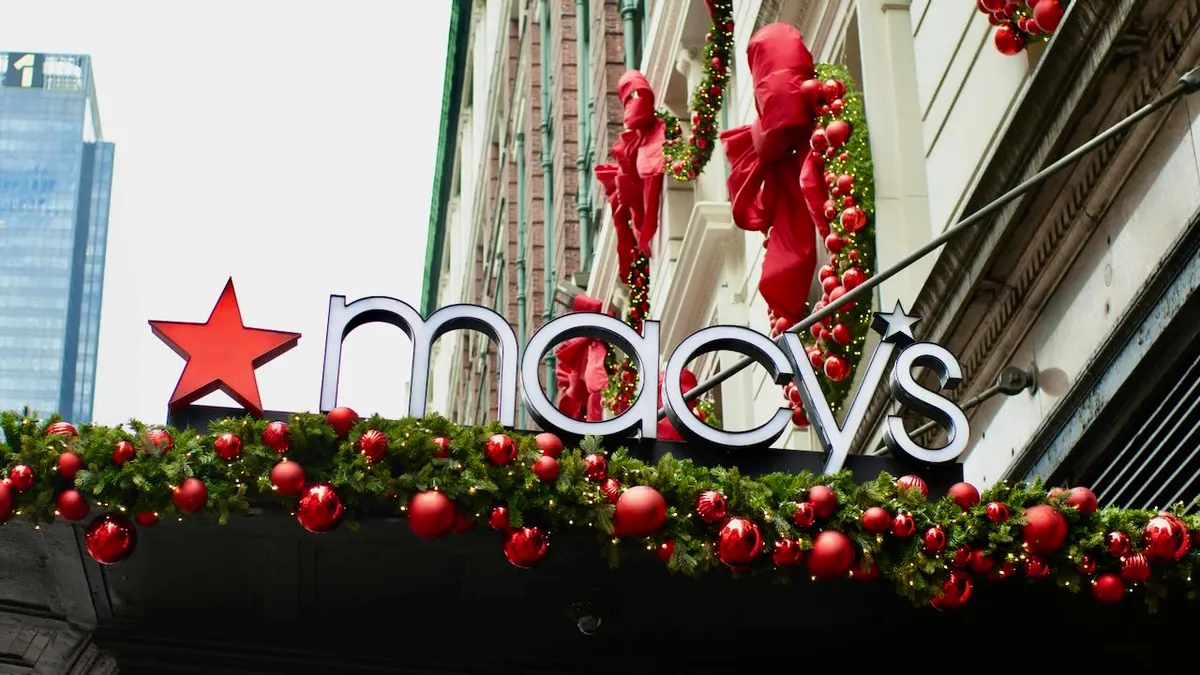Dive Brief:
- Amazon is in talks with Simon Property Group to take over space in malls left vacant by closed department stores, namely those once occupied by Sears and J.C. Penney, according to a Wall Street Journal report.
- Amazon would turn the spaces into online fulfillment centers, according to the report, which cited anonymous sources familiar with the talks. The Journal wrote that it was unclear how many cites Amazon is considering or if talks would end in a deal.
- An Amazon spokesperson said in an emailed statement to Retail Dive that the company "has a policy of not commenting on rumors or speculation." A spokesperson for Simon did not reply to Retail Dive's request for comment.
Dive Insight:
Enclosed malls are losing retailers large and small by the thousands. In 2019, before the COVID-19 pandemic reached the U.S., a record 9,548 stores closed, according to Coresight Research, which estimated in late March that far more — as many as 15,000 — could close in 2020 as the pandemic accelerates shifts to e-commerce and crushes the finances of struggling retailers. Meanwhile, the mall vacancy rate in the first quarter was already the highest in a decade.
That is a lot of empty square footage that landlords have to somehow fill. Doing so is not cheap or straightforward. Simon has gone so far as to buy bankrupt retailers to keep them in its malls and avoid widespread dark spaces in its portfolio of malls. Last year it did that with Forever 21, and Simon now is reported to be a would-be acquirer of J.C. Penney, as the 118-year-old retailer tries to salvage its business and sell itself in Chapter 11.
Amazon, meanwhile, has become shorthand for the demise of legacy retail. Amazon's actual relationship to store closures and retail bankruptcies is more complicated and less pronounced than in "retail apocalypse" mythology, but one thing is certain: The e-commerce giant is on an opposite trajectory from the middle tier, mall-based retail store. And Amazon's sales growth has become only more pronounced amid the pandemic.
As its sales and ambitions grow, so does Amazon's infrastructure, which itself is becoming a potential source of profit as the company rents it out to sellers on its platform via its fulfillment services. By the beginning of the year, Amazon's distribution operations took up more than 187 million square feet of space in North America. Malls by design are placed on convenient travel routes with access to large demographic swaths in metropolitan areas.
Every so often, Amazon's name gets bandied about as a potential acquirer of this or that department store, with the distribution advantages of stores cited as a point of interest for Amazon. Most recently, in the early days of Penney's bankruptcy, Amazon was said to be potentially eyeing the retailer, or at least its real estate. Since players have made actual bids for Penney, the only names reportedly interested in buying the department store are Simon and a fellow landlord as well as private equity firm Sycamore Partners and retailer Hudson's Bay Co. J.C. Penney has not confirmed the names of the possible buyers.
Since filing for bankruptcy, Penney has moved to close more than 150 stores. Sears closed several hundreds of stores per year in the time leading up to its 2018 bankruptcy. If Amazon is indeed interested in mall space, there's plenty out there for it.
















